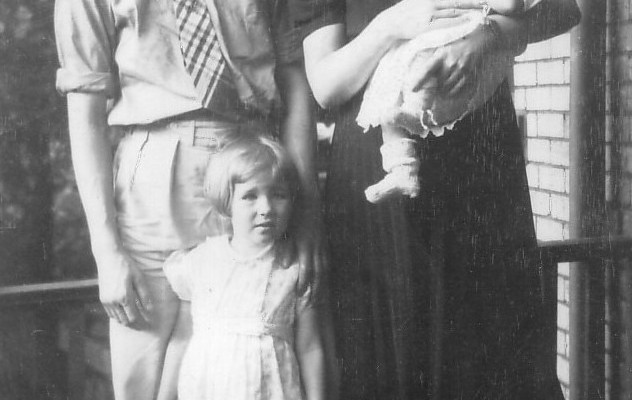It’s possible to forget a lot of things in the fullness of time:
My father’s eyes, the pale intensity of distance, how it all began.
I’m sleeping badly now. Dirt on a coffin, a credit card, loneliness,
Poetry streaming through my head, a disarranged message
That never has an end, am I writing it or having seizures?
We are all electric. I sense holes in my chest, panic in half hour moments,
Sun and shadow, the motion of leaves outlined through a window
And cast upon a kitchen floor adding up to something warm.
I can’t stop hugging my children and brushing their hair with my fingertips,
Saying things that don’t sound right to strangers,
As if I have slipped out of myself and away,
Leaving a fragmented self like those night poems of incoherence and sorrow
And panic and love: death comes in spasms.
Missing my father and being a father:
I think this must be what tears are like for me.
Blue electric tears from the mind’s eye falling over time forever.



